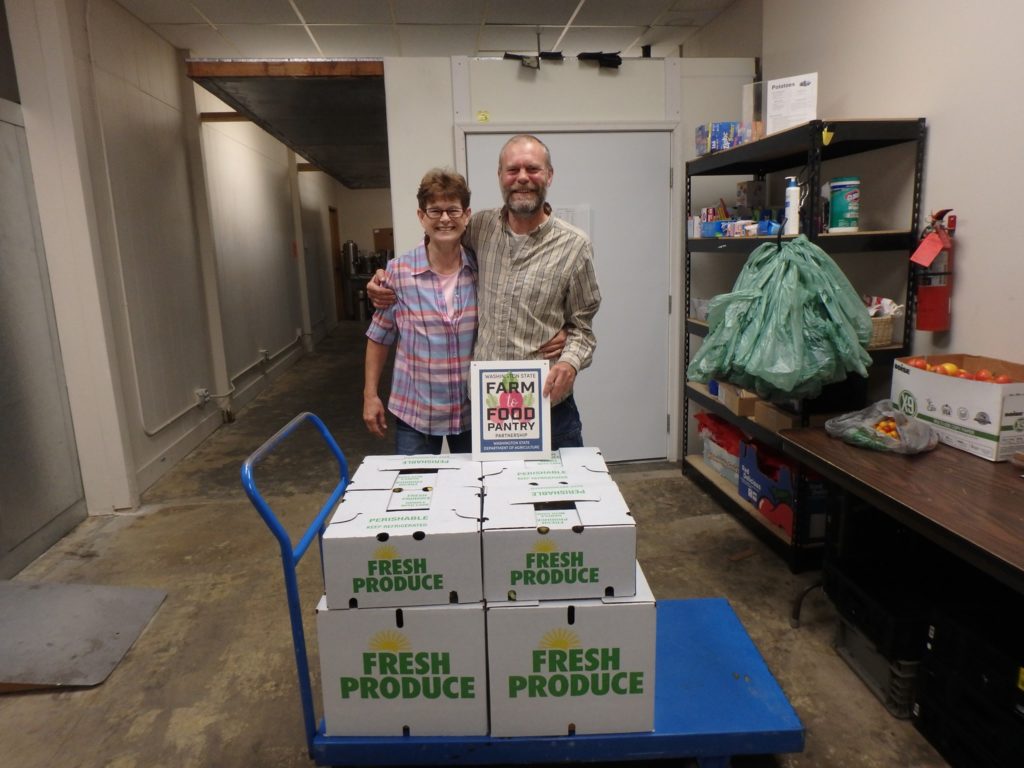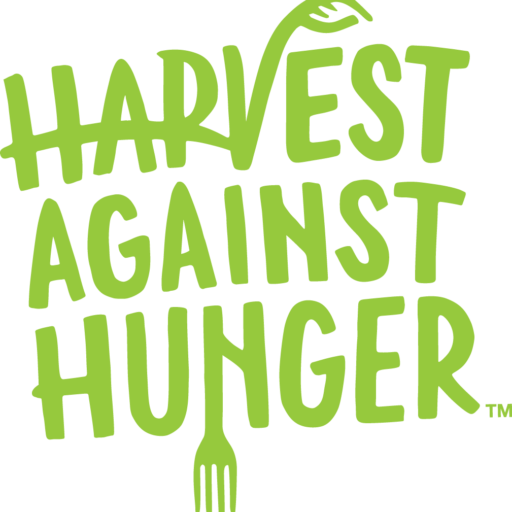How Can We Help?
Volunteer Relations at the Community Action Center

Volunteer Relations
The team of volunteers that was created prior to the 1st year VISTA, called the Food Assessment Collaborative Team (FACT), consists of members from the Community Action Center, Backyard Harvest, Washington State University Center for Civic Engagement, Council on Aging, and various other community members. These volunteers were also the first partners for the Palouse Tables Project which were necessary to receive the USDA planning grant for Community Food Project. The FACT are also members of the Whitman County Food Coalition and helped to develop the Palouse Tables Project by engaging in monthly meetings, workshops when necessary, and milestone celebrations. The work laid out by the FACT team has continued to help the second year VISTA by providing volunteer connections and resources for the development of the Community Educator program.
Volunteer recruitment from the year one VISTA was documented in a spreadsheet with names and contacts of local members and stakeholders who wanted to stay involved with the Community Educator program. The first task for volunteer management for the year two VISTA was to reach out to all these members and invite them to the launch event of the Community Educator program. Recruitment of volunteers for the year two VISTA was done during outreach and general tabling events throughout the year including the annual Food Summit, Farmer’s Market, and Family Fair.
Though the most successful recruitment event was the “Connect Fest”, at Washington State University, where students were encouraged to meet all the non-profits and students groups in Pullman who need volunteers to support their programs. Attendees who came to this event were inclined to find ways to be involved and volunteer in the community, the Community Educator program received the most sign-ups from those who wanted to find out more information and be involved, at this event.
Retention of volunteers for the Community Educator Program did have challenges. It was difficult to retain volunteers on a consistent basis and to depend on them to hold cooking demos every week. As a result, the Community Educator program was revised so that any volunteer could follow a particular framework regardless of how many demos they had done for the program. This proved more workable but the second year VISTA continued to simplify the format for cooking demos, as long as the end goal was reached, which was to demonstrate how clients in the food bank could use particular abundant ingredients to make healthy and delicious food. There were some volunteers that were engaged with the Community Food program before the second year VISTA and continued to stay involved with this new cooking demonstration project. They provided feedback and volunteered their time, which was crucial to the development of the project.
Outside of the Palouse Tables Project, the first year VISTA helped to initiate a volunteer appreciation month during the month of October and the second year VISTA will continue this practice. Volunteer appreciation includes using program funding to purchase CAC volunteer shirts, posting pictures of volunteers with their reason for volunteering on a bulletin board in the lobby, providing a meal cooked at the CAC community kitchen during the Volunteer Appreciation Celebration, and inviting regular volunteers for a small group discussion about the success of the program and ways that we could improve. Volunteer recruitment was also planned for this month to help set the next VISTA up for their program. These were relatively easy ways to encourage volunteer appreciation and test several methods of appreciation during the month.


